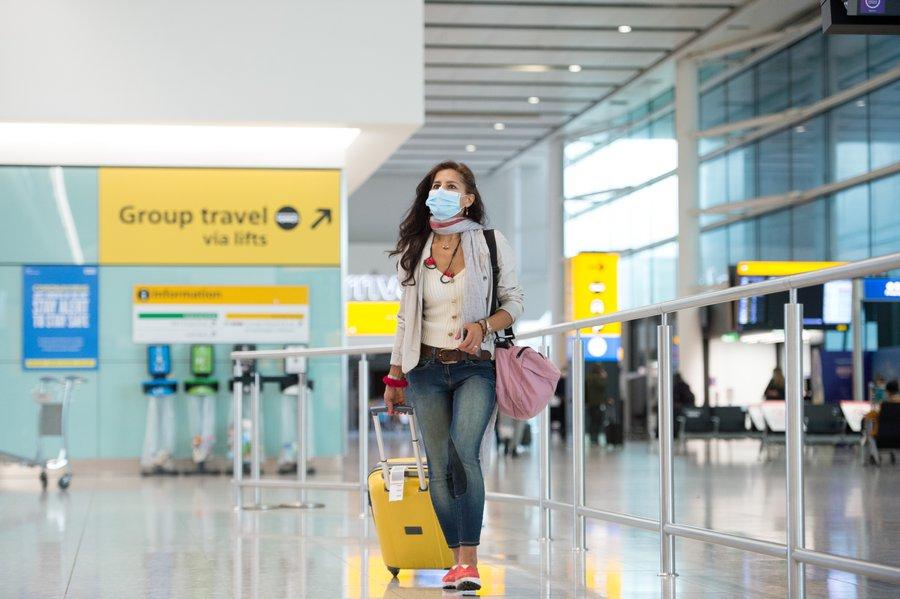
LONDON—The announcement of a UK government taskforce to look at ways of easing the devastating effect of national quarantine measures on international air travel has drawn mixed responses from the country’s aviation sector.
While industry members broadly welcomed the measure, airline representatives described it as too little too late.
The Global Travel Taskforce has been launched by the UK’s Department for Transport and Department of Health and Social Care. The government said the two ministries “have been working extensively with clinicians, health experts and the private testing sector on the practicalities of testing international arrivals.”
“The next step is to develop an operationalized approach, which is why the government is creating the Global Travel Taskforce to work at pace with industry on implementation and to identify options to reduce the self-isolation period while protecting public health,” the UK government said. “The taskforce will accelerate work to inform proposals on a future testing regime and develop options for how this could be introduced.”
The Board of Airline Representatives in the UK (BAR UK), which represents 70 scheduled airlines operating in the country, said that while it welcomed the commitment to delivering a testing regime–something airlines have been urging with increasing desperation for months–they remained frustrated with the scale and pace of the government’s action.
“This far into the crisis, airlines expressed more detail than an announcement of a new taskforce,” BAR UK chief executive Dale Keller said. “The industry has been continuously engaged with the government, including in the Expert Steering Group formed back in May. A huge amount of international experience and proposals have been input so far, including the benefits of pre-departure testing, and we believe that a scheme could be implemented very quickly in a matter of weeks.”
They noted that Transport Secretary Grant Shapps was sticking to a previous government pronouncement that a COVID-19 test on arriving international passengers would detect just 7% of infected travelers.
“We are concerned that the Secretary of State for Transport is still quoting only 7% effectiveness of testing on arrival at airports, a figure that is wholly dismissed as flawed assumptions by the industry from overseas trials,” Keller said. “If the Government wants more data it should urgently take up the industry’s proposals for a trial-based, data-led approach to inform the taskforce and achieve the best outcomes.”
The government said the task force’s remit will include “looking at the feasibility of proposals based on a single test taken after a period of self-isolation, provided by the private sector and at the cost of the passenger.” The taskforce will also work closely with the private testing sector to ensure that testing for international arrivals does not impact NHS [National Health Service] capacity.
“It will also explore alternative testing models, including pilots with partner countries to ascertain whether self-isolation could be undertaken pre-departure,” the government said.
Health and Social Care Secretary Matt Hancock said that the taskforce was expected to put forward initial recommendations in November.
ADS, the UK industry lobby group representing the country’s aerospace, defense and security sectors, welcomed the taskforce announcement, but urged the government to ensure progress was made quickly.
Long-haul specialist Virgin Atlantic said the announcement “represents much-needed progress, but every day counts when Britain’s economy and half a million jobs that rely on aviation are at stake ... A test on five days, which the government’s own evidence suggests would be ‘highly effective,’ must be the starting point.” The airline urged the establishment of trials on a London-New York travel corridor “to generate real-world data for a pre-departure and on-arrival testing approach, as well as regional mainland travel corridors, so that policy can quickly evolve.”





